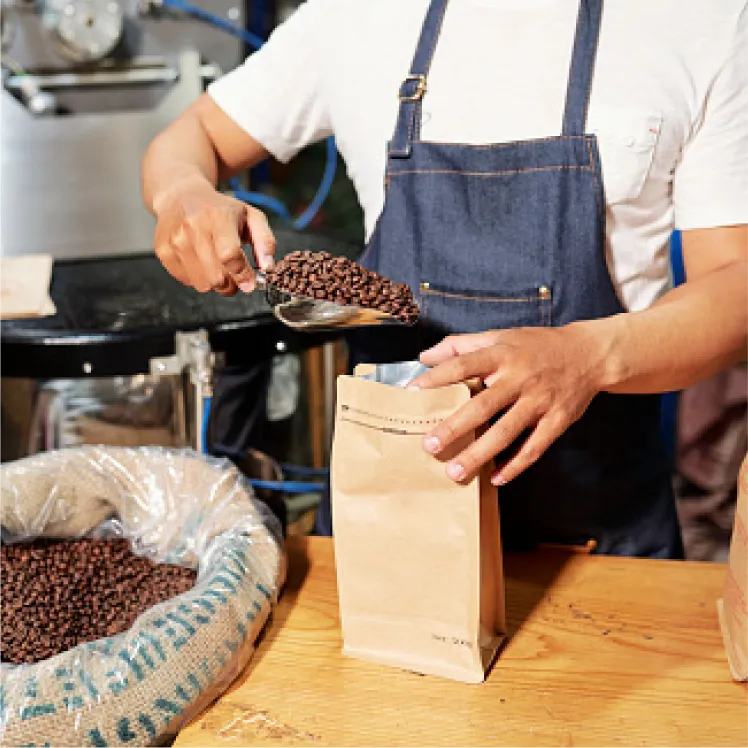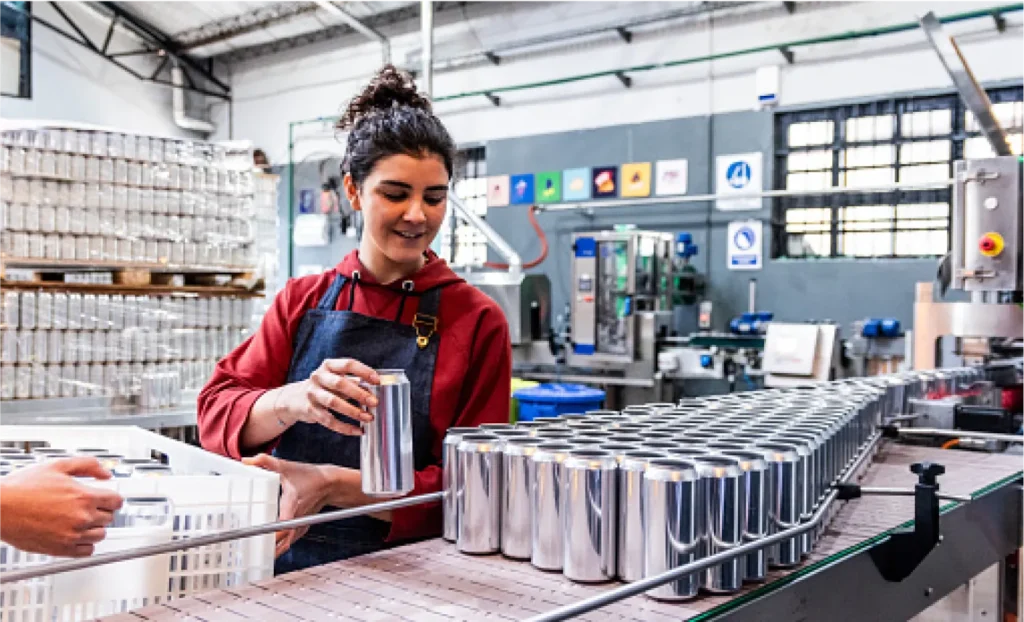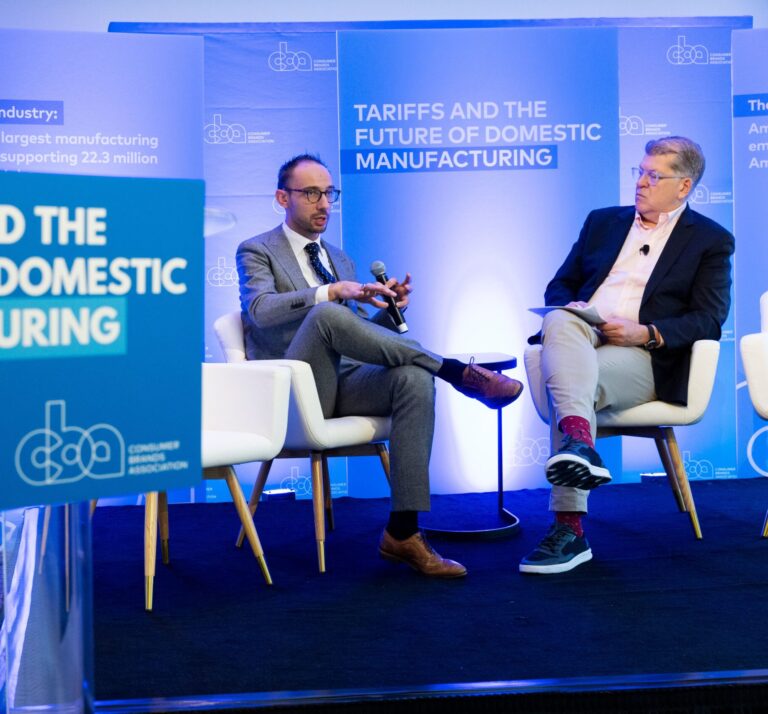
In partnership with


Trade & Tariffs
Strengthening American Manufacturing
The consumer packaged goods (CPG) industry is America’s largest domestic manufacturer by employment, supporting 22.3 million jobs across the country and $2.5 trillion to the U.S. GDP.
Many CPG facilities are in rural areas with strong agricultural ties and while U.S. companies source up to 90 percent of ingredients from American farms and suppliers, certain inputs like coffee, cocoa and spices, and specific packaging materials, like tin mill steel, cannot be sourced locally in sufficient quantity or quality.
As a result, the industry relies on international trade to maintain resilient supply chains and ensure product availability and affordability.
Domestic Manufacturing
As the largest manufacturing employer in the nation, the CPG industry plays a vital role in the U.S. economy, not only through its significant economic footprint but also through its ongoing commitment to American manufacturing. By producing goods domestically, we’re not just creating products — we’re creating opportunities for American workers and communities.
Everyone knows the iconic American brands on grocery store shelves, but not everyone knows what goes into making the products consumers depend on every day. From farmers harvesting ingredients to lab technicians ensuring product safety, to truckers transporting goods and supply chain leaders using the latest advancements in AI and automation to keep operations humming efficiently, the people across the country who keep the industry moving at the speed of the consumer are the true story and pulse of the industry.
Over the past five years, the CPG industry has demonstrated impressive wage growth, with a 30% increase in direct industry wages over that time. As we look toward the future, it’s clear that these well-paying, domestic jobs highlight the importance of federal and state policies that facilitate job growth and innovation, while building consumer confidence. From building new factories to creating jobs and meeting shifting consumer demands, the industry remains steadfast in its commitment to providing safe, affordable and convenient products.
What We Do
Advocate for smart trade policies that protect American consumers and jobs, recognizing the unique needs of food, beverage, household and personal care manufacturer supply chains.
Build awareness and thoughtful dialogue around trade issues with key policymakers about what’s at stake for domestic manufacturing, championing incentives and avoiding unintended consequences.
Lead industry efforts to collaborate with federal legislators and government agencies to deliver on the promise of America First Trade Policy and create the best possible outcome for the CPG industry, ensuring product availability & affordability for years to come.
Related News & Blogs

From the News
In Case You Missed It: Consumer Brands Sends Letter on Tariffs to the White House

Blog
Trading Down: Recent Trade and Tariff Decisions Hurt America’s Largest Manufacturing Sector

Blog
How the CPG Industry is Thinking About Tariffs and the Future of Domestic Manufacturing Ahead of 2025







